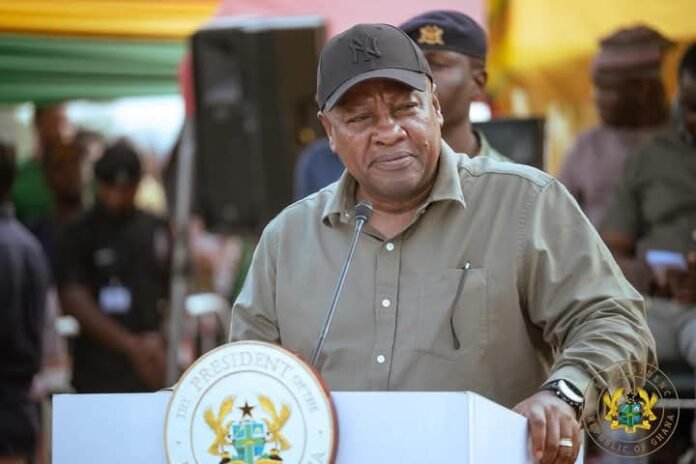Source: Africa Publicity
The International Monetary Fund (IMF) has observed that Ghana’s ability to fight corruption head-on is being “severely weakened” by political interference and chronic underfunding of its key accountability institutions.
IMF made this known in its 2025 Governance Diagnostic Report.
The report was conducted in September 2023, the IMF revealed.
According to the report, Ghana’s anti-corruption architecture was reaching a breaking point.
The report revealed that key anti-corruption institutions including the Office of the Special Prosecutor (OSP), the Commission on Human Rights and Administrative Justice (CHRAJ), and the Economic and Organised Crime Office (EOCO) usually receive less than half of budgets approve for them by the Parliament of Ghana.
According to the report, although budgetary allocations are approved yearly, actual releases from the Ministry of Finance fall far below those figures. That, it says, leave the institutions unable to recruit staff, maintain critical investigations, upgrade technology or conduct specialised prosecutions.
As a result, the report says these institutions charged with the responsibility of investigating corruption, prosecuting financial crimes, safeguarding public funds and protecting whistleblowers are operating without the needed resources to function.
Aside funding issues, the report says Ghana’s anti-corruption framework is structurally vulnerable, describing it as “fragmented, overlapping and exposed to political influence”.
It pointed out harmful overlaps of the OSP, EOCO and CHRAG as all three agencies investigate corruption.








